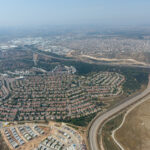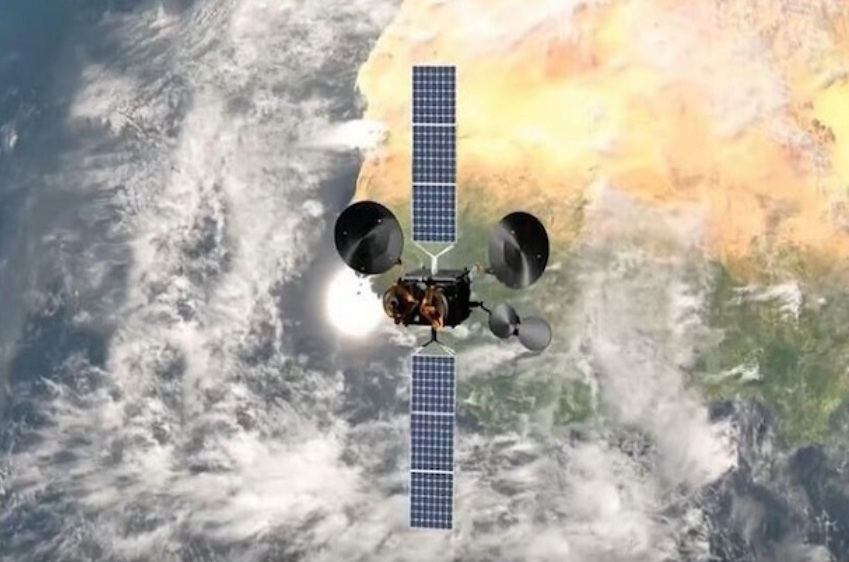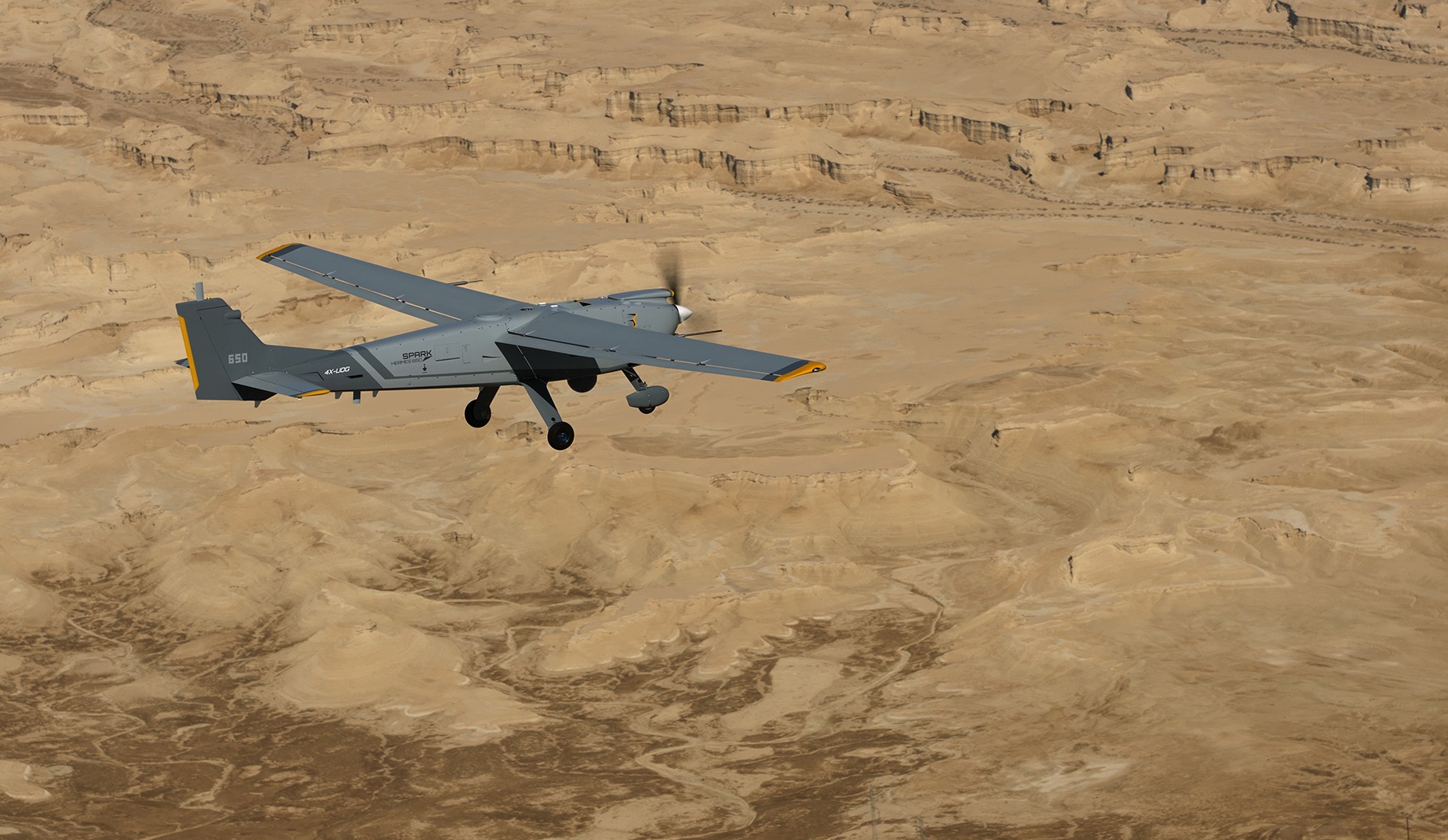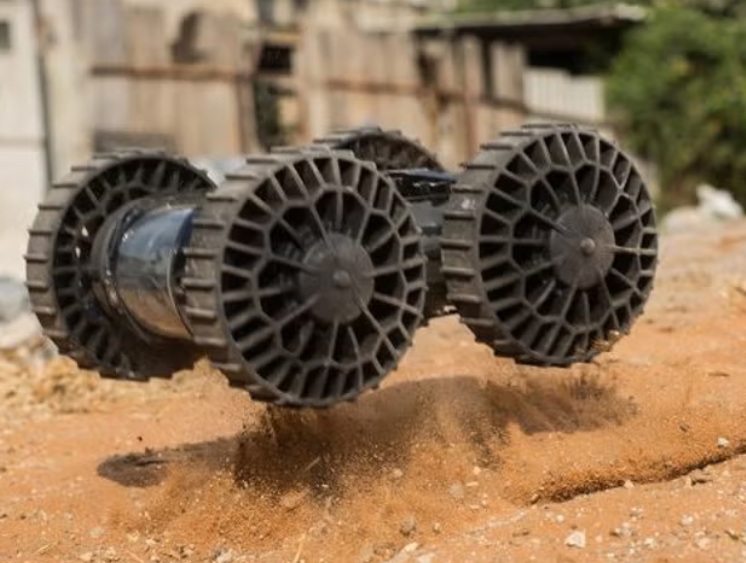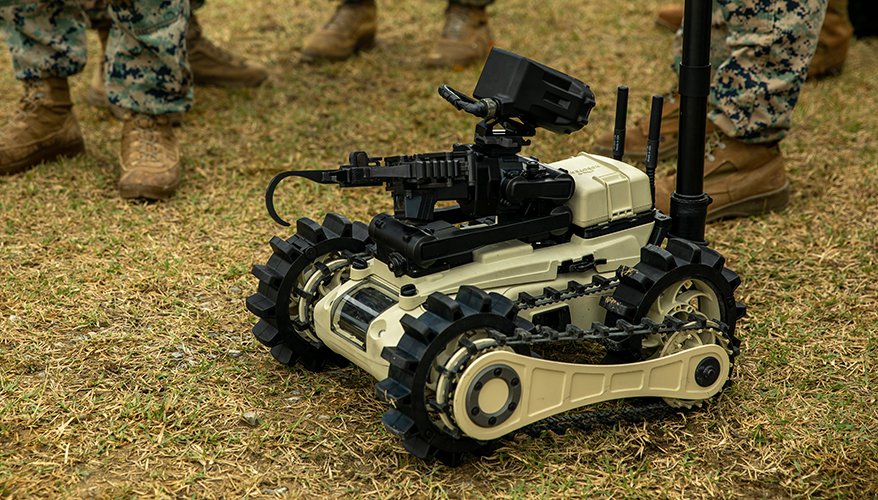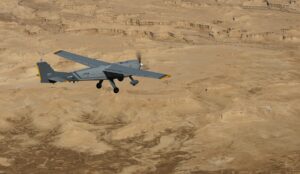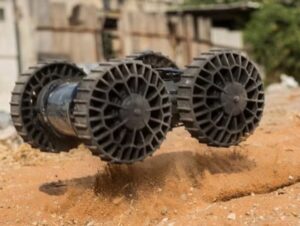In recent years, Europe has faced a surge in unauthorized drone activity, forcing governments to seek advanced solutions.
By Hezy Laing
Europe is becoming increasingly dependent on Israeli drone technology, with airports and military bases across the continent adopting UAV systems from companies such as Israel Aerospace Industries, Rafael Advanced Defense Systems, and Elbit Systems to counter rising drone incursions and surveillance challenges.
In recent years, Europe has faced a surge in unauthorized drone activity, forcing governments to seek advanced solutions.
On November 4, 2025, Brussels Airport, one of the busiest hubs in Europe, was temporarily shut down after an unidentified drone was sighted.
Just days earlier, Liège Airport was also closed due to drone activity.
Similar incidents have been reported at airports in Scandinavia, Poland, and Germany, as well as over military bases, including one known to host U.S. nuclear weapons storage.
These repeated incursions highlight the vulnerability of European infrastructure to hybrid warfare tactics and have accelerated reliance on Israeli UAV systems for surveillance and defense.
Israel Aerospace Industries has supplied Europe with the Heron medium‑altitude, long‑endurance unmanned aerial system, capable of strategic and tactical missions.
The Heron, already used by Germany and France, provides persistent surveillance and can distinguish between friendly and hostile platforms.
Rafael Advanced Defense Systems has also exported drone defense technologies, while Elbit Systems has delivered UAVs for border monitoring and airport security.
In addition, Israeli start‑ups such as XTEND and SpearUAV have entered the European market with tactical drones designed for close‑range reconnaissance and interception.
The European Defence Fund has awarded millions of euros to Israeli state‑owned drone manufacturers, including Israel Aerospace Industries, which is involved in at least 15 EU defense projects.
Horizon Europe grants have also funded Israeli companies, such as XTEND, which received €50,000 to develop its Skylord drone system, and Rafael, which was awarded €442,750 for underwater surveillance projects.
This dependence reflects Europe’s struggle to develop indigenous drone technology.
The Eurodrone project, launched in 2023, has faced delays due to political infighting, leaving European governments reliant on foreign suppliers.
As a result, Israeli UAVs have become central to Europe’s defense and aviation security, providing advanced monitoring, interception, and deterrence capabilities.
Europe’s increasing reliance on Israeli drone technology underscores both the urgency of countering aerial threats and the strategic role of Israel as a global leader in UAV innovation.







